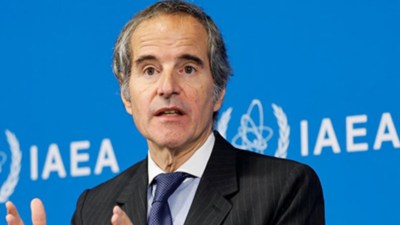The global leisure travel industry is set to become a $15 trillion opportunity by 2040, a significant increase from $5 trillion in 2024, revealed a recent report by BCG.
This growth was attributed towards a burgeoning middle class in emerging markets, a shift towards valuing experiences over material possessions, and the increasing emphasis on creating memories. The domestic trips form the majority of leisure travel, particularly in emerging markets, highlighting the need for stakeholders to attract local and regional tourists.
While it also includes international travel, the report reveals that the future traveller will be diverse, with a growing number of visitors from emerging markets like China, India, Saudi Arabia, Bulgaria, and Cambodia. These travellers will also be younger and more digitally savvy, necessitating that travel companies understand and cater to these evolving preferences while still serving traditional visitors.
More Details
Leisure travel spending is projected to increase by 8% annually through 2029, then slow to 7% through 2040. Particularly, Domestic leisure travel is expected to reach approximately $11.7 trillion in 2040, up from $4.1 trillion in 2024. Regional leisure travel is anticipated to roughly triple to over $2 trillion, and international leisure travel is expected to more than triple to about $1.4 trillion in the same period.
According to the report, travellers continue to prioritize classic destinations like beaches, nature, and cities, but there’s a rising demand for curated, purpose-driven experiences such as wellness and spiritual travel. Emerging markets, particularly China, India, and Saudi Arabia, are key drivers of growth in leisure travel spending.
Demographically, Millennials and Gen-Zers are the most influential travellers globally, planning more trips and embracing digital technologies. New travel groupings are also emerging, including multigenerational and blended travel, alongside a mainstream trend of solo travel. These future travellers expect digital services, hyper-personalized experiences, cultural relevance, and community-driven options.
The recent trend indicates that, the motivations for leisure travel extend beyond simple vacations, with travellers seeking meaning, convenience, and experiences aligned with their lifestyles. While relaxation, escape, exploration, outdoor activity, and visiting friends and relatives remain primary motivators, health and wellness, food tourism, and “bleisure” travel (combining work and leisure) are gaining importance.
Notably, over 70% of the travellers in emerging markets plan to combine work and leisure trips. The rise of Al, particularly large language models (LLMs), is reshaping how travellers plan and book trips, enabling more interactive and personalized search experiences. Travel companies must adapt by optimizing for Al-led discovery, investing in their own Al chatbots, and integrating Al with human interaction for seamless service.











